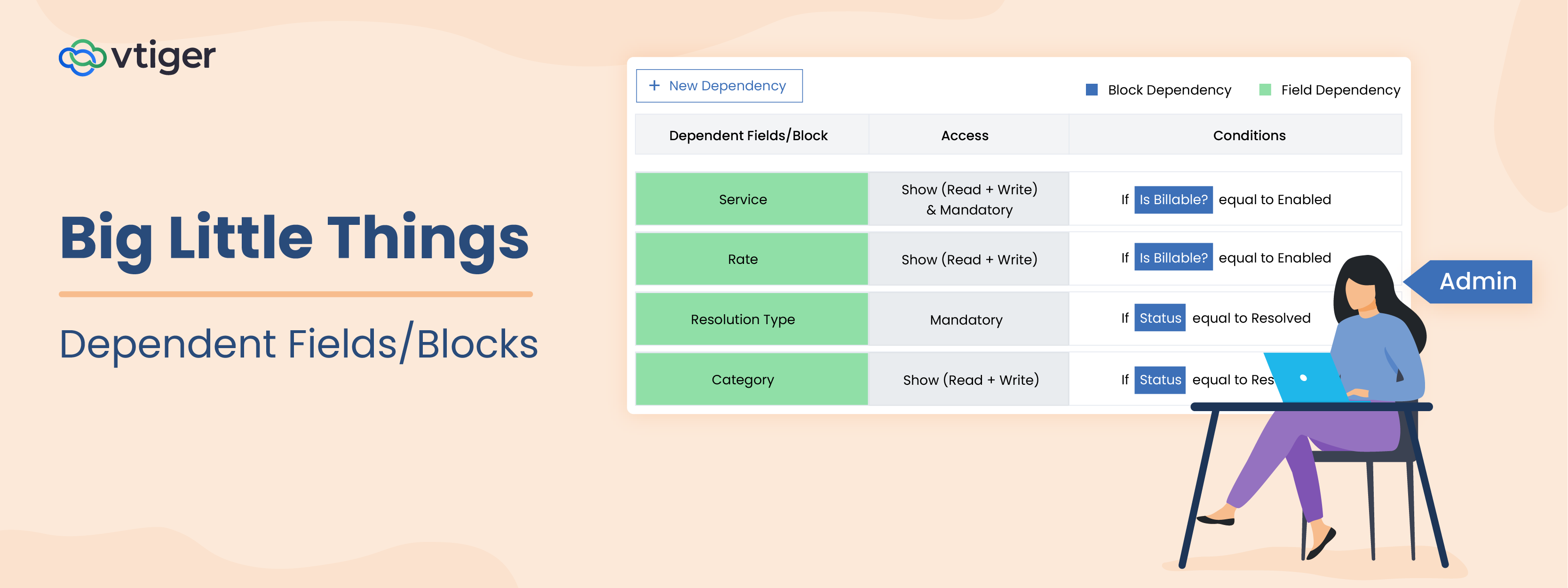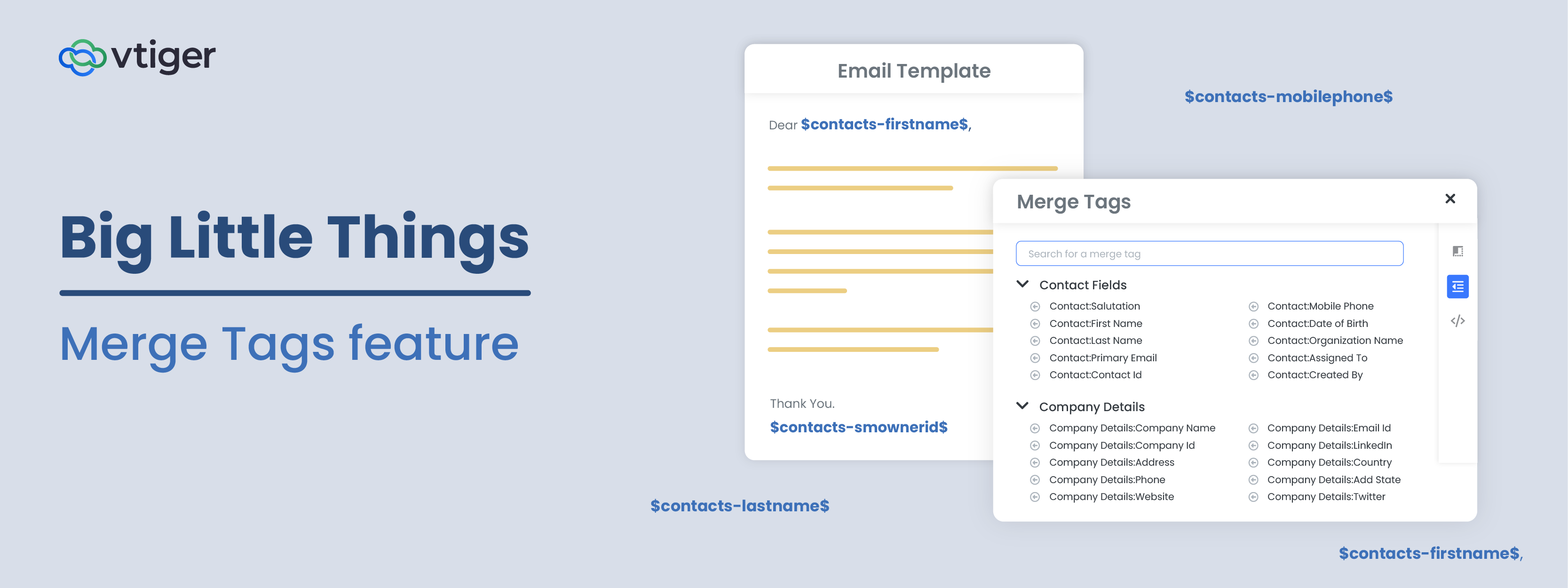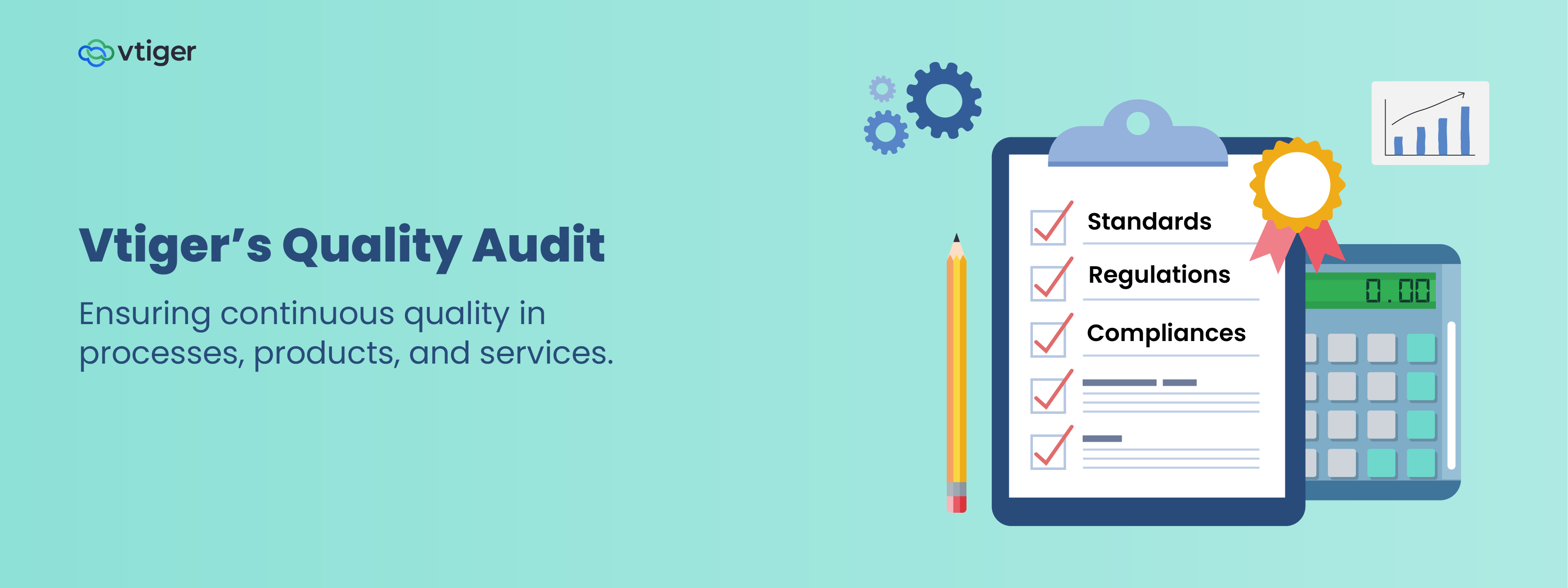The world is going through a phase of economic turbulence and many reports suggest that a recession is on the horizon. You might be thinking ‘But how can a CRM help me survive a recession?’. On average, selling your products or services to an existing customer is three times less expensive than selling them to a new customer. And a CRM is just what you need to run targeted campaigns to your loyal customer base in order to get you through the waters when the tide is low.
Track and Trade

A CRM enables you to track every interaction you or any member of your organization has with a contact. It means you won’t be bothering any customer with redundant questions about their requirements and will be keeping the conversation to the point. And in case a customer happens to have an incomplete conversation with you and then reaches out to another member of your team, your coworker will be able to pick up the conversation right where you left off. This allows your business to make the most of your time and your customer’s time without wasting a single minute. And since time is money, you save a ton of money in the process.
Smarter Selling

Many companies resort to layoffs as a result of recessions. Thankfully, a CRM can help you evaluate the workload and manage leads, even with less manpower. This empowers your organization to crush sales targets with a handful of talented salespeople. Combined with powerful performance insights, a CRM can give you a clear perspective of your sales team, their activities and overall pipeline to help you spot opportunities that can be closed quickly. While a CRM can not replace a sales representative, it can equip your sales team with the right tools to move the needle further towards smarter selling.
Value for Money

CRM is packed with features that can help you scale your organization and reach a wider audience without burning a hole in your pocket. Contact management, pipeline management, quote builder, meeting scheduling, task management, smart notifications, group inbox, SLAs, internal tickets and email campaigns are part of a powerful CRM solution. And instead of working on forty different tools to get your job done, you can use a single, unified platform without hidden costs. A few CRMs even go the extent of providing mixed pricing to help startups and SMBs kickstart their business.
Automate Workflows

From lead capturing to shooting out important emails, you can automate your entire sales cycle with the click of a button on a CRM. It encourages your team to spend less time on repetitive tasks and more time on closing deals. In fact, when a case or a contact calls for automation, a CRM can automatically create an assigned task and alert the assignee to get the job done at the earliest.
Connect the Dots

A CRM can centralize all your customer information in one place and make it accessible to your team members. Furthermore, it provides an interactive avenue to exchange ideas and notes on sales opportunities on a whim. Collaborative features such as group chat and @mentions can come in handy when you have more than one person working on a project or task. You can get opinions from coworkers and senior team members in a jiffy without explicitly explaining the context every time you need help.
While cutting costs is a no-brainer during recessions, a CRM isn’t a cost to your company. It’s an investment. A CRM generates leads from your website, social media, phone calls and events effortlessly, making it an invaluable resource at your disposal during turbulent times.




